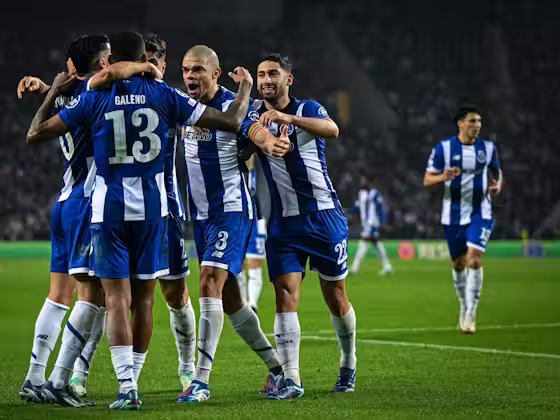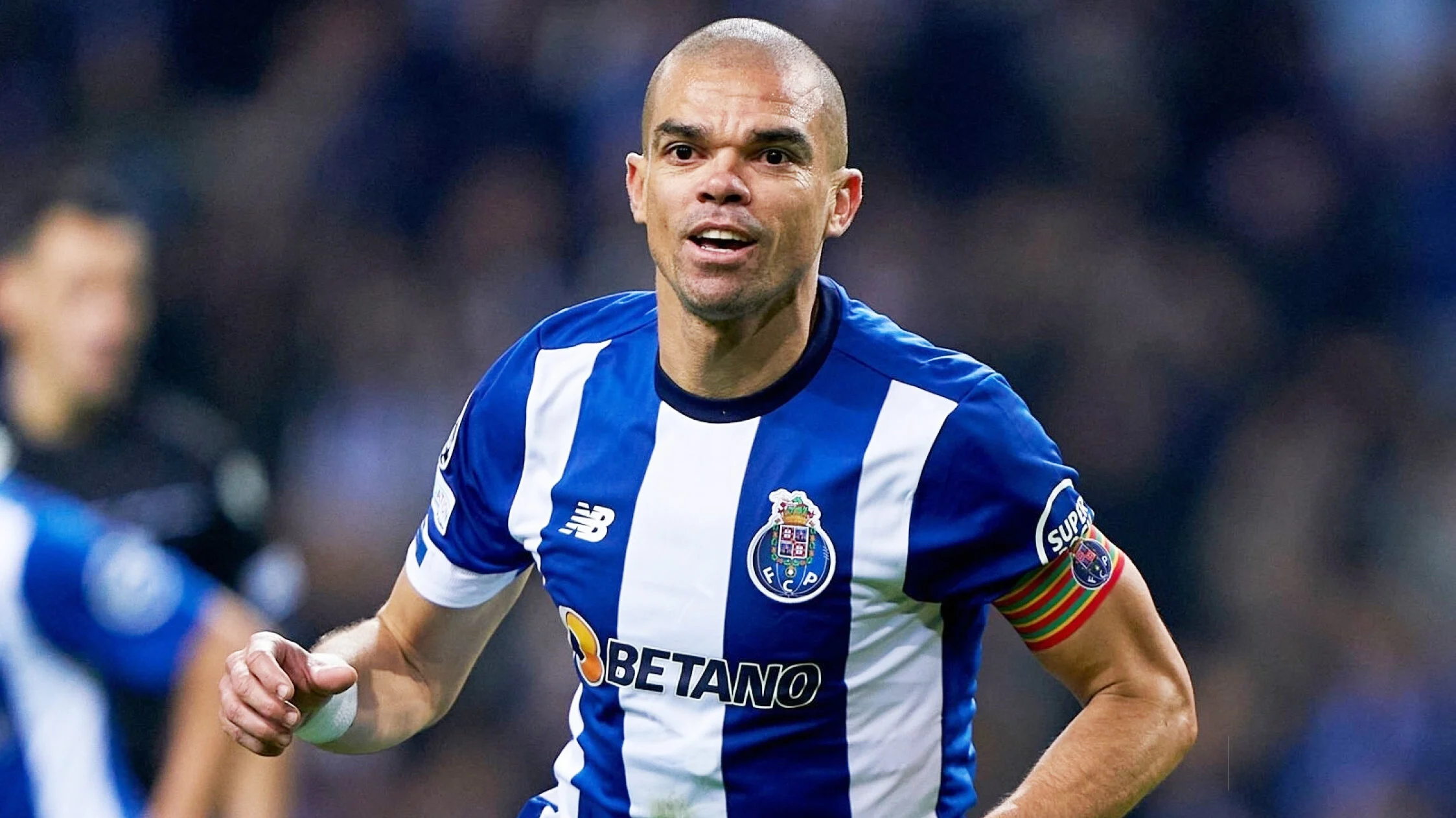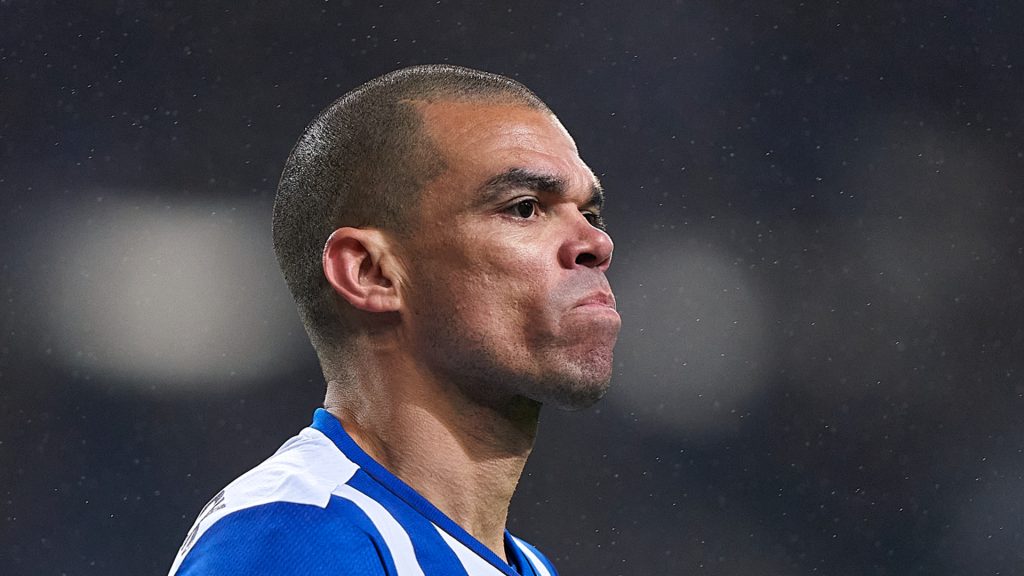Nearly an hour into the match, which had simmered quietly until a sudden burst of action, Arsenal received a reminder of who held sway. Winning possession near Porto’s penalty area, Kai Havertz sought to feed Gabriel Martinelli, only for the ball to find its way to Pepe instead. With precision and a keen eye, the veteran swiftly carried the ball forward, delivering a pinpoint pass to Evanilson through the midfield, reigniting the hosts’ attack. It was a moment that underscored Pepe’s enduring influence on the game.
As Pepe approaches his 41st birthday on Monday, the physical toll of blowing out the candles may seem more daunting than the challenges posed by Arsenal’s lackluster offensive display. Yet, his authoritative display, effortlessly snuffing out potential threats and exhibiting the confident demeanour honed over two decades in elite football, speaks volumes about his enduring impact.
Arsenal’s history of stumbling in the last 16 of competitions has been extensively chronicled, yet hopes were high for their resurgence this time. However, they found themselves unable to outmanoeuvre Pepe and Porto, seasoned veterans who showed no intention of yielding to new tactics.
While Arsenal swiftly retreated to the tunnel, Porto’s players lingered on the pitch, forming a tight circle as Estádio Do Dragão reverberated with their club anthems. Amidst the atmosphere, there was a sense of familiarity in the song dedicated to Mikel Arteta, akin to the melancholic fado ballads heard in local bars.

Conceição, no longer considered among Europe’s rising managerial talents at 49 but still a savvy strategist, outmaneuvered his counterpart with astute tactics. Porto adopted a compact, athletic approach, swiftly closing down space and posing a constant threat on the counter. Pepe’s defensive prowess and contributions in the opposition’s penalty area added to their solidity, while his namesake, the 26-year-old forward, showcased impressive ball-carrying abilities. Conceição’s side maintained a menacing presence throughout, picking their attacking moments judiciously.
In contrast, Arsenal struggled to assert themselves offensively. The absence of Gabriel Jesus, sidelined due to injury, was keenly felt, depriving the team of an injection of intensity. Their failure to register a shot on target since their FA Cup loss to Nottingham Forest over two years ago highlighted their offensive impotence on the night. Arteta, who lamented a lack of hunger after that defeat, observed a different issue this time—a sense of purposelessness, perhaps stemming from timidity in the face of Porto’s physicality, and a general lack of clarity that ultimately led to their downfall.

While Arsenal’s defeat in Porto may sting, it’s not a catastrophe by any means. With the return leg at the Emirates Stadium looming, they have ample time to rectify their performance. The Gunners, eyeing their first quarter-final appearance in 14 years, possess the firepower to overturn the deficit and are expected to pose a much greater threat on home turf. Despite their lackluster showing in Portugal, they can draw inspiration from their past exploits, such as the 5-0 thrashing of Porto at home in 2010 after a narrow first-leg defeat.
However, for Mikel Arteta and his team, lessons must be learned from past disappointments. The manager cannot afford a repeat of previous second-leg letdowns against Olympiakos and Sporting. It’s a test of their ability to adapt and grow from adversity.
Looking ahead, there’s optimism that Arsenal’s current crop of players could one day emulate the achievements of veterans like Pepe, who boasts three Champions League titles with Real Madrid. In the ever-changing landscape of football, history and reputation still hold significance, often serving as equalizers when the stakes are high. While this defeat may only be a minor setback, it underscores that Arsenal’s ascent to genuine contendership will require patience and perseverance.


